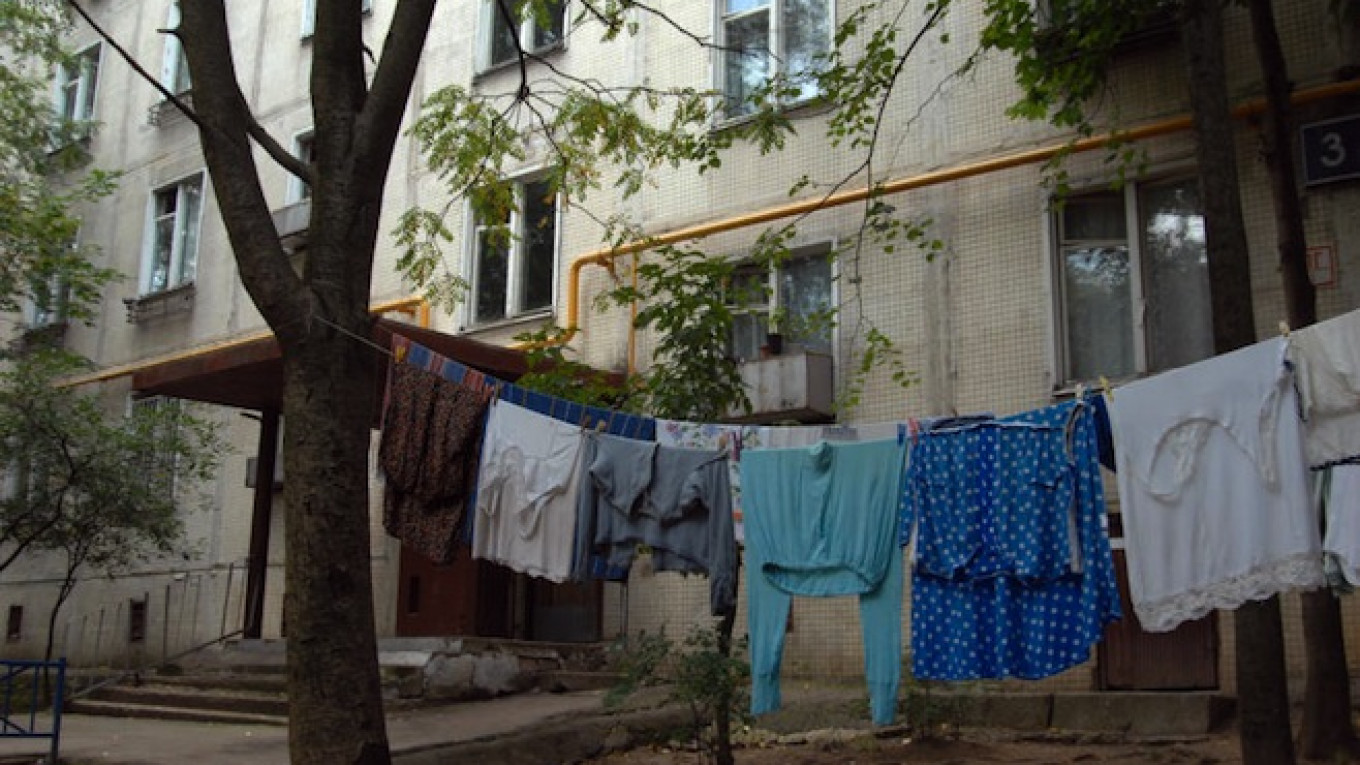More than 16,000 Russians in single-industry towns are expected to lose their jobs in 2016, the RBK news website reported Wednesday.
Russia's monotowns — cities where one industry or company provides the vast majority of local employment — have been badly hit by the financial crisis.
Overall production in single-industry towns fell by 5 percent in 2015, a paper by the Russian State Analytical Center reported.
The Federal Labor and Employment Service also found that unemployment levels in these areas had risen in March and April this year, RBC reported.
Almost 140,000 people in these areas were out of work on May 1, a 20 percent increase on last year. An additional 100,000 people were only employed on a part-time basis.
The downturn in production has been blamed on decreasing domestic demand and rising state debt. This has forced rising numbers of people from factories’ production lines and into less stable work in company warehouses, RBC reported.
The Economic Development Ministry currently forecasts that domestic demand will increase by 1.3 percent this year and production levels will begin to grown again 2017.
In February, 60 percent of monotown residents described the socio-economic climate there as “intolerable” or “barely tolerable,” in a survey carried out by the Federal Guard Service.
There are currently 342 settlements in Russia that have been designated as single-industry towns in need of support. The worst hit include those involved in coal mining or paper production, the Rossiiskaya Gazeta newspaper reported.
Russian Prime Minister Dmitry Medvedev said last year that not enough funding had been dedicated to boosting monotowns, which are currently catered for by a dedicated working committee.
A Message from The Moscow Times:
Dear readers,
We are facing unprecedented challenges. Russia's Prosecutor General's Office has designated The Moscow Times as an "undesirable" organization, criminalizing our work and putting our staff at risk of prosecution. This follows our earlier unjust labeling as a "foreign agent."
These actions are direct attempts to silence independent journalism in Russia. The authorities claim our work "discredits the decisions of the Russian leadership." We see things differently: we strive to provide accurate, unbiased reporting on Russia.
We, the journalists of The Moscow Times, refuse to be silenced. But to continue our work, we need your help.
Your support, no matter how small, makes a world of difference. If you can, please support us monthly starting from just $2. It's quick to set up, and every contribution makes a significant impact.
By supporting The Moscow Times, you're defending open, independent journalism in the face of repression. Thank you for standing with us.
Remind me later.






